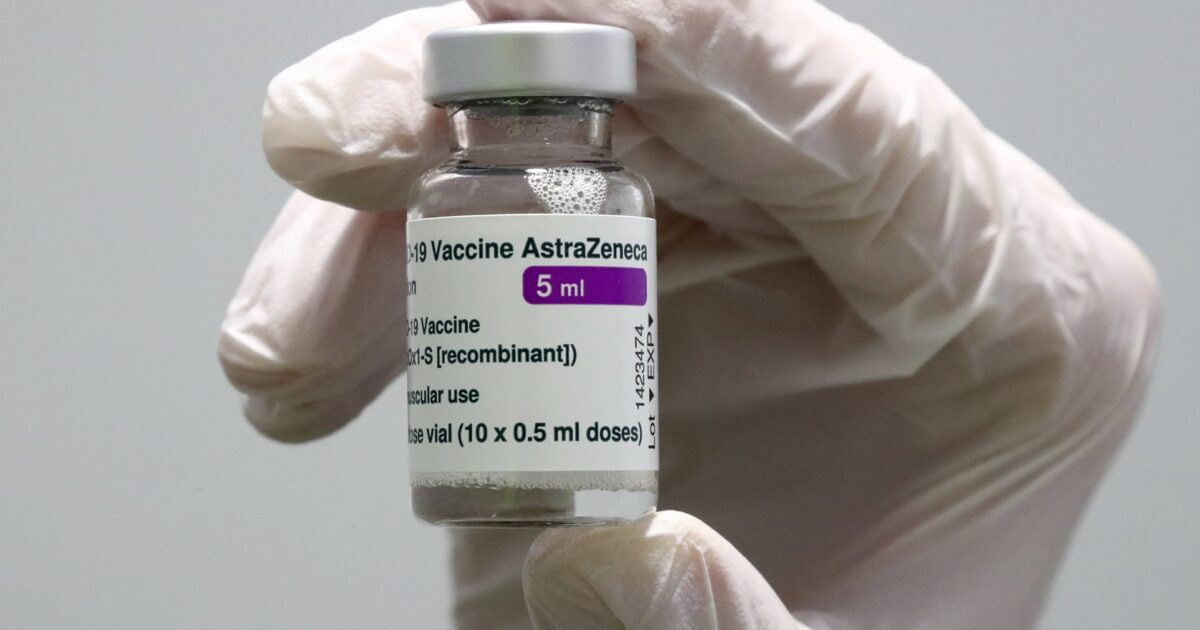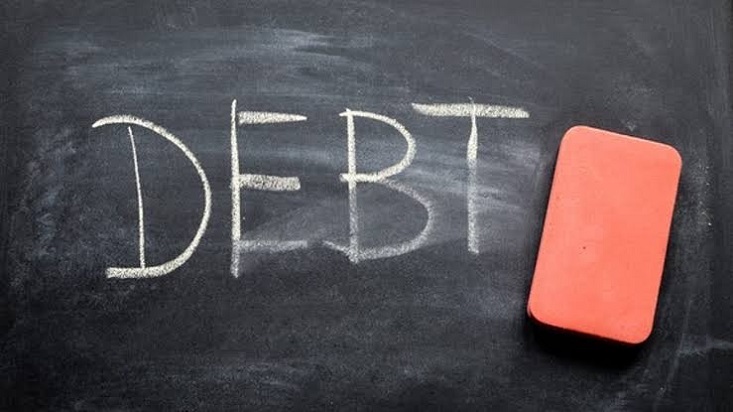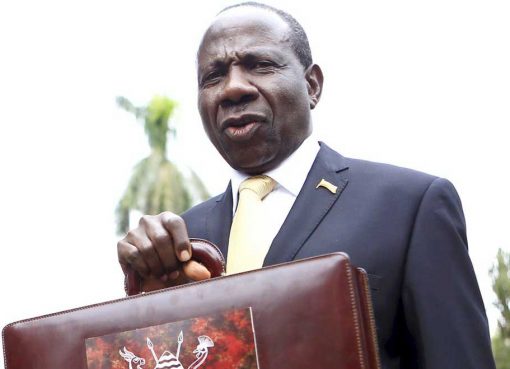Africa has been hit by shortages of Covid vaccines
At the onset of the pandemic, global supply chain disruptions limited Africa’s ability to respond; it struggled to access additional personal protective equipment and lifesaving ventilators.
Even now, as the developed world starts to reopen after hoarding vaccines, Africa is the least inoculated region, leaving it vulnerable to new waves of infection and extended lockdowns.
The experience is bolstering the case for the continent’s new free-trade pact, designed to stimulate intra-regional commerce.
“What we’ve learned from this crisis is that we’ve got to accelerate Africa’s industrial development so that we become more self-sufficient as a continent and enhance our productive capacity,” Wamkele Mene, secretary-general of the African Continental Free Trade Area (AfCFTA), said in a speech in June.
Africa’s intra-continental commerce accounts for only 14.5% of trade, compared with more than 50% in Asia and 72% in Europe, according to the African Export-Import Bank.
Supermarket shelves in cities such as Luanda in Angola, and Abidjan in Ivory Coast, are lined with goods imported from the countries that colonized them: Portugal and France, respectively. The Africa-wide deal promises to reduce or eliminate 90% of internal cross-border tariffs by 2030 and cut red tape to promote investment on the continent, paving the way for a continent-wide customs union.
AfCFTA entered into force in May 2019 and took effect in January of this year, creating the world’s biggest free-trade zone by area: It encompasses a combined economy of $2.5 trillion and a market of 1.2 billion people. Eritrea, which has a largely closed economy, is the only country that hasn’t signed on among the 55 that the African Union recognizes.
AfCFTA has the potential to help bring 30 million people out of extreme poverty and could lead to a $450 billion increase in the region’s income by 2035, if accompanied by significant policy reforms and trade-facilitation measures, according to the World Bank.
“It’s quite a beacon of hope at a time when there has been global movements toward much greater levels of protectionism and nationalism,” says Catherine Grant Makokera, a director at Tutwa Consulting Group in Johannesburg.
Although the spread of coronavirus has highlighted the urgency of the agreement, it’s also stalled progress on putting it to work. Trading under the new AfCFTA rules was supposed to start in July 2020, but travel restrictions delayed discussions to finalize the legal arrangements, and it’s unclear when they’ll be completed.
The economic damage from Covid-19 could also complicate negotiations over cutting tariffs within Africa, which countries will have to do within five to 15 years, depending on the size of their economies.
The sub-Saharan region suffered its first economic contraction in a quarter century in 2020, and the International Monetary Fund estimates its recovery is set to fall behind world output growth as richer countries with vaccinated populations return to normal more quickly.
Duties are an important source of revenue, and some countries burdened by high levels of debt before the pandemic are counting on relief programs to ease the strain.
“The AfCFTA is absolutely necessary for Africa; we don’t have a choice,” says Trudi Hartzenberg, executive director of the Tralac Trade Law Centre in Stellenbosch, South Africa.
“But we have to be realistic about what the states are capable and willing to do, and that’s become even more complicated and more complex with Covid-19.”
It took the European Union decades to develop its regional economic and trade bloc, but Africa can’t wait as long because of its high levels of unemployment, young population, and inequality, says Kuseni Dlamini, chairman of both drugmaker Aspen Pharmacare Holdings and Massmart Holdings, the South African retailer majority owned by Walmart Inc.
“It is high time that Africa has got to be self-sufficient,” Dlamini says. “It’s got to be known and respected for being an economic partner and not a recipient of aid.”
BOTTOM LINE
The pandemic shows why a new free-trade zone encompassing Africa’s $2.5 trillion combined economy is critical, even as the crisis delays its implementation.
-Bloomberg





